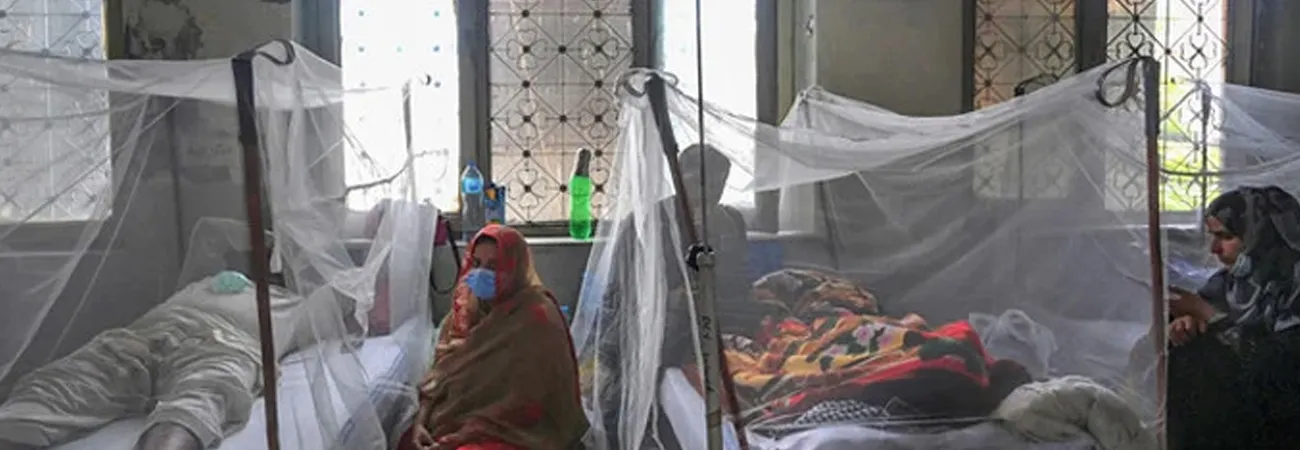i NEWS PAKISTAN
The district administration of Islamabad has released its latest dengue surveillance report, confirming 11 new cases across different union councils in the last 24 hours, and surveillance teams also carried out 365 inspections to identify mosquito larvae, with three positive and ten negative findings during the process. According to official data, seven of the new dengue cases were detected in rural areas while four were reported from urban localities.
The district administration said surveillance, inspections, and enforcement actions are continuing across the Federal capital to prevent further spread. The spokesman of district administration said that the dengue surveillance teams conducted 365 targeted inspections in different parts of Islamabad during the reporting period. These checks were aimed at locating stagnant water and potential breeding sites for dengue larvae.
Out of these inspections, larvae were confirmed at three locations, while ten sites tested negative. The spokesman stated that areas with confirmed larva presence have been treated immediately to curb mosquito breeding. Follow-up inspections are also planned to ensure the complete elimination of breeding grounds. He said to control the rising trend of cases, enforcement actions against violations of dengue preventive Standard Operating Procedures (SOPs) were carried out across the capital.
Assistant Commissioners and Magistrates inspected various sites, including residential and commercial properties, to check for water accumulation and non-compliance with preventive measures. Several sites were sealed after violations were confirmed. In some cases, individuals were taken into custody for negligence in implementing dengue control measures.
The district administration stressed that strict enforcement will continue in the coming days to minimize risks, he added. In this regard, Deputy Commissioner Islamabad, Irfan Nawaz Memon, urged citizens to strictly follow dengue prevention guidelines. He advised residents to ensure that no stagnant water is left uncovered in their homes, workplaces, or surroundings, as it provides a breeding ground for mosquitoes.
Credit: Independent News Pakistan (INP)









